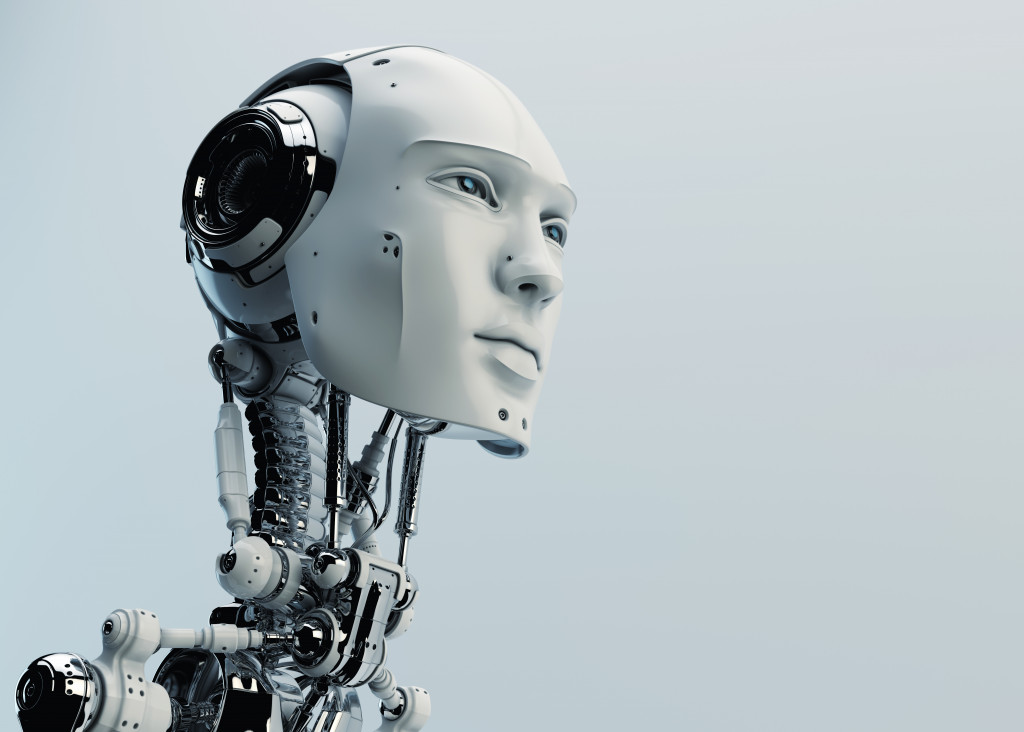We’ve always felt we are not alone. The search for alien life forms has been a life-long obsession for many scientists out there. Given that we have not made contact with sentient beings and extraterrestrial life forms in other planets in other galaxies, we can’t really estimate the probabilities. However, Scientific American believes that if we can find similar systems where planets revolve around a parent star, we may have a greater chance of stumbling upon another “Earth,” and possibly other life forms like us.
Such a scary thought of beings more intelligent than us is the root cause of our fear of artificial intelligence. Perhaps it’s reasonable for a superiorly intelligent billionaire like Elon Musk to fear the AI bot OpenAI, which beat the best human players at Dota 2. OpenAI taught itself the game — amassing in-game experience to win in just two weeks.
But that surely tells you how smart AI can be. If such technology can learn faster than us, it should be able to help us learn better, too. As absurd as a bot teaching us, AI has certainly been purposed for the academe. Here’s how.
Personalized Education
AI has evolved. That can certainly be scary. Before, the analogy was to input as much data to an AI bot, and from there, the AI can crunch such data and come up with answers. That was quite a simple algorithm. But that comes with a drawback. The algorithm is limited to the biases of the human-designed algorithms. In short, they are able to learn in the way their human designers are limited.
But that’s a thing in the past now. Today, a Google AI called AutoML-Zero can learn algorithms on its own. This means it’s a lot wiser. It can be truly left to its own devices and even without specific instructions on making patterns out of data. It can learn all on its own.
One of the essential things AI can do with regard to education is to gauge a student’s learning abilities. It can know what a student knows or doesn’t know. By doing so, it can come up with a more personalized study schedule that addresses the gaps in student knowledge.
Student Recruitment

For one, the best business schools have utilized an adaptive learning environment. Business schools prepare the best and the brightest for the rigors of the business world — a gargantuan trust to say the least. By providing learning that’s catered to the needs of students, taking into account their socioeconomic background and academic needs, they are better able to absorb the educational process.
Moreover, AI can be more proactive in the recruitment process. Not everyone is called to be an entrepreneur. Thus, AI’s ability to crunch data can be used to identify worthy candidates for a business school’s program. AI algorithms can do this by looking into public data online and social media posts. In doing so, AI can identify which are good business school candidates even before an individual applies for the program.
Again, this can be specialized. The school could identify a specific skill it deems necessary to be considered at a business school and let AI do the rest.
The ability of AI to analyze phone calls or interviews can be used to determine how truly enthusiastic a student applicant is. It does this by evaluating the candidate’s speaking patterns, not to mention his or her facial expressions.
Even better, this can provide needed data points to determine how the recruitment process should go for a specific applicant. As the algorithm monitors the initial interview process, AI can point out which talking point sparked greater interest in the student applicant. This feature can serve as a preview of how future recruitment interviews should go.
Moreover, AI bots can serve as a school website’s chatbot. However, it can do more than just answer queries online. It can be a vital recruitment tool, too. By analyzing how searchers online interact, it can point out which are good candidates from the bad ones. In short, it can save a lot of time and effort.
Classroom Instruction
The greatest promise AI may have is in teaching itself. Of course, there’s the fear that the algorithm could replace professors in the long run. However, data shows that it’s more likely to be a big help in assisting teachers to make their teaching easier to understand.
For one, AI can be a robo-assistants. They can be imbued with professor-level knowledge and overall expertise. Then, they can be made available for every student. The advantage is greater learning. For starters, robo-assistants work 24/7, giving students needed support every time they need one night and day. Best of all, they will be comprehensive, detailing knowledge that no single professor on the planet has.
AI still has a long way to go before it dominates the field of education. Nevertheless, it has been making waves in the field, as it has assisted teachers and learners alike. In the near future, advancements in AI will make learning much easier and more accessible for everyone.



